lessons learned, obvious or not
Mandyvilla
19 years ago
Related Stories
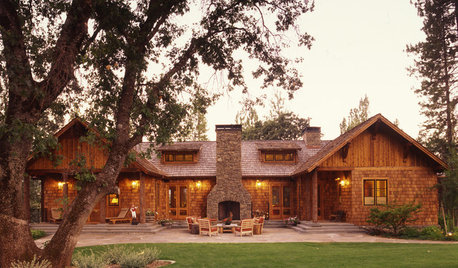
CONTRACTOR TIPS6 Lessons Learned From a Master Suite Remodel
One project yields some universal truths about the remodeling process
Full Story
DECORATING GUIDES9 Lessons We Can Learn From Drawing Rooms
Let these formal rooms inspire you to create entertaining spaces that encourage conversation, music and games
Full Story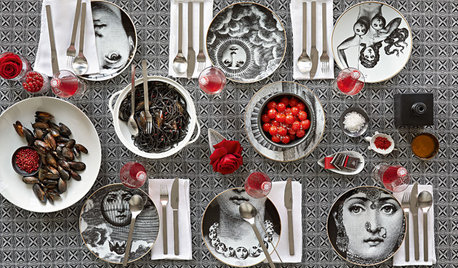
LIFE5 Life Lessons We Can Learn From Italian Design
Discover how these core ideas of Italian life feed into the nation’s designs
Full Story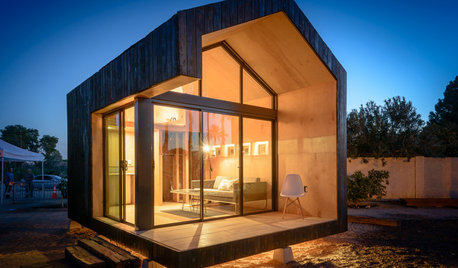
SMALL SPACESDesign Lessons From Tiny Homes
Microspaces in a Phoenix exhibition abound in innovative ideas we can all use
Full Story
REMODELING GUIDES6 Must-Know Lessons From a Serial Renovator
Get your remodel right the first time, with this insight from an architect who's been there too many times to count
Full Story
SELLING YOUR HOUSEA Moving Diary: Lessons From Selling My Home
After 79 days of home cleaning, staging and — at last — selling, a mom comes away with a top must-do for her next abode
Full Story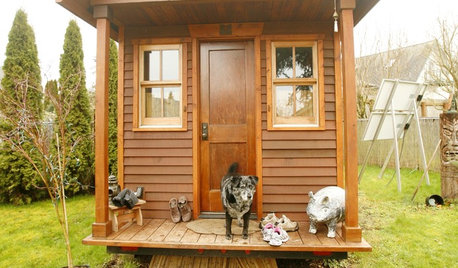
SMALL SPACESLife Lessons From 10 Years of Living in 84 Square Feet
Dee Williams was looking for a richer life. She found it by moving into a very tiny house
Full Story
DECORATING GUIDES9 Life Lessons From Nordic Style
As Houzz launches in Denmark and Sweden, we provide you with a step-by-step guide to enjoying a real Scandinavian lifestyle in your home
Full Story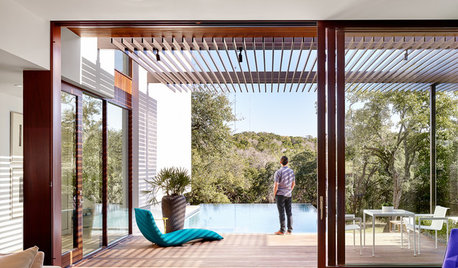
MODERN HOMESHouzz Tour: Design Lessons From a Deluxe Spec House
This luxurious Austin home was built on spec, but you'd probably never know it if we didn't tell you. Discover 10 reasons why
Full Story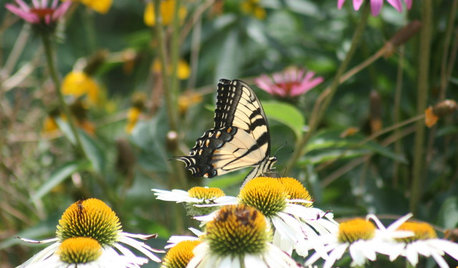
GARDENING GUIDESLessons in the Rewards of Selfless Gardening
Let go of gardening for your own vision and watch the garden’s own true vision come forth
Full StorySponsored
Columbus Design-Build, Kitchen & Bath Remodeling, Historic Renovations






Vallari
alison
Related Professionals
Wareham Landscape Architects & Landscape Designers · McKinney Landscape Contractors · Tempe Landscape Contractors · Wake Forest Landscape Contractors · Bellefontaine Neighbors Landscape Contractors · Concord Landscape Contractors · Coram Landscape Contractors · Corona Landscape Contractors · Garland Landscape Contractors · Riverhead Landscape Contractors · Vadnais Heights Landscape Contractors · Ferguson Landscape Contractors · Beaumont Siding & Exteriors · Cherry Hill Siding & Exteriors · San Diego Siding & Exteriorsgayle0000
Drakens
chervil2
seamommy
marie99
sylviatexas1
yellowhair
Jungle_Jim
mantorvillain
flowersandthings
undercover_owl
bcstan
bakemom_gw
bruggirl
gill_didsbury
undercover_owl
homegrown54
ruthieg__tx
jinx29
txselena
dfaustclancy
GrassIsEvil
biogeek
rosieo
laurelann
Copperlilac
drasaid
Little_Digger
NinjaPixie